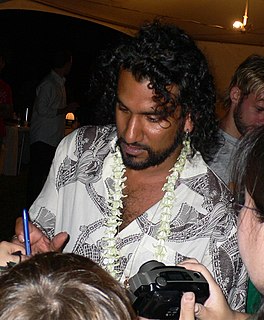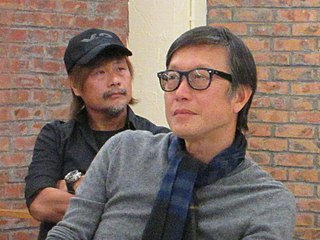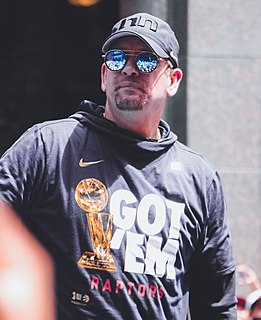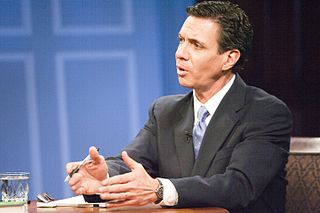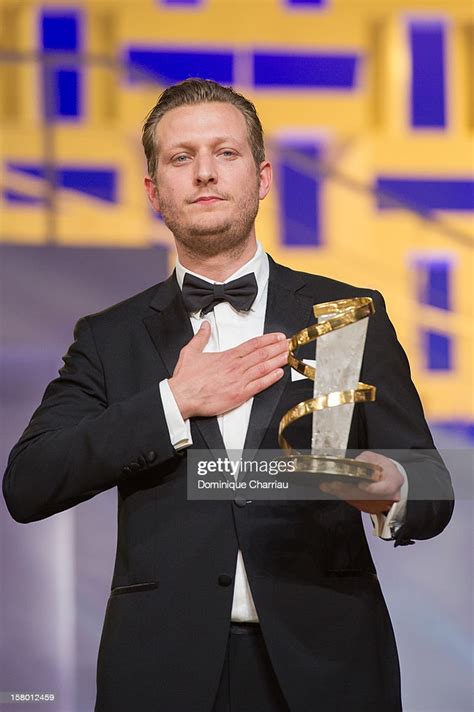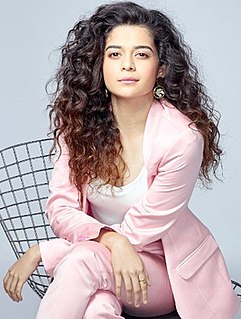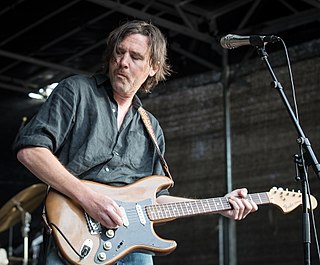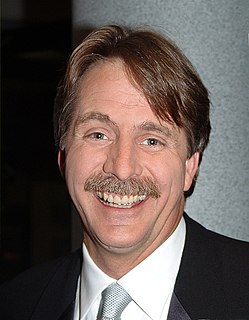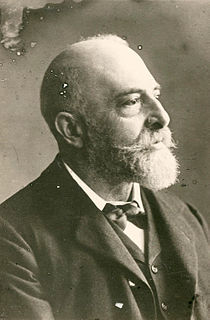A Quote by Naveen Andrews
You can do things with TV that you just can't do on film. There's so much more time: there's the opportunity for development, and you can let things lay dormant for a period. You can't really do that in two hours or three hours in a movie that often, I would say.
Related Quotes
What's neat about TV is you get really rich, an opportunity to tell really rich stories over the course of 20 hours. Film is cool because it's an hour and a half to two hours. You go on an adventure and by the end it's all cleaned up. Maybe in a franchise you have three chapters of a great story but in TV you can really get deep. You have more time to tell stories so I would definitely not rule out doing television in the future because I think it's a great medium for telling stories.
That movie [A Series of Unfortunate Events] told four books in two hours, and we have two hours per book. So we have eight hours to tell four books, and if people watch we'll get to tell more of them. There's only thirteen books, so there's only going to be two more seasons, but that allows for a lot of time to be in character and to maintain character.
One of the challenges assembling the film was that gun fight went on for three and a half hours and we obviously couldn't spend three and a half hours of the film with one gun fight. It was trying to figure out the balance of how much an audience could take before they either became repulsed or desensitized or bored or just overwhelmed.
I’m going to kill myself. I should go to Paris and jump off the Eiffel Tower. I’ll be dead. you know, in fact, if I get the Concorde, I could be dead three hours earlier, which would be perfect. Or wait a minute. It -- with the time change, I could be alive for six hours in New York but dead three hours in Paris. I could get things done, and I could also be dead.
Theatre is organic, film is not. Theatre you come every day and you work with a group of people and you're are all up for it and you all get to do the whole thing every night, be it two hours or three hours. In film you work in two or three minute bits and it's never in chronological order and then someone takes that away and makes it look like it all happened, or that you gave that performance.
The right kind of practice is not a matter of hours. Practice should represent the utmost concentration of brain. It is better to play with concentration for two hours than to practice eight without. I should say that four hours would be a good maximum practice time-I never ask more of my pupils-and that during each minute of the time the brain be as active as the fingers.
